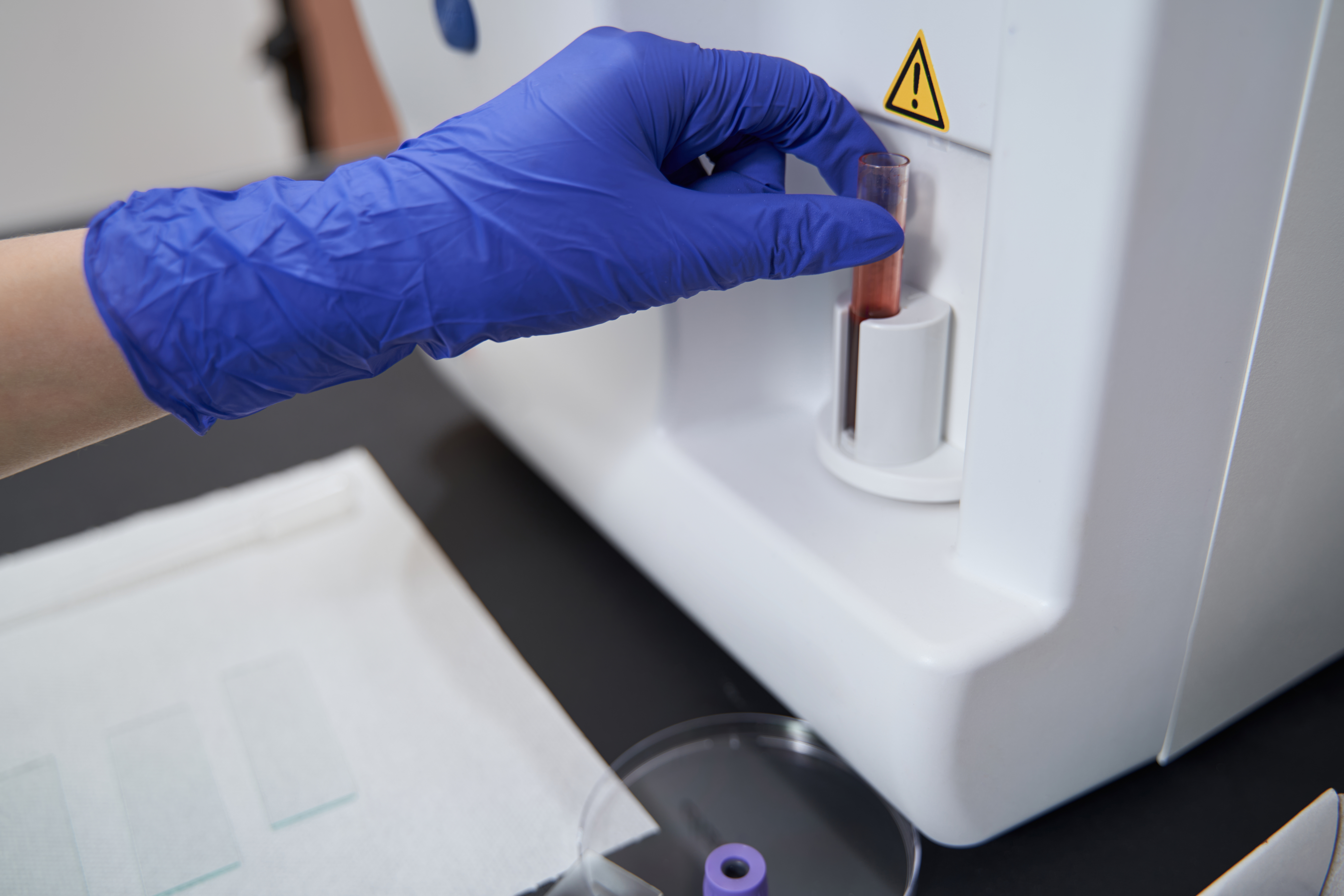Blood-Test Breakdowns That Could Make You The Sherlock Holmes of Hematology
11. Erythrocyte Sedimentation Rate (ESR): The Inflammation Barometer

Beyond simply indicating infection, an Erythrocyte Sedimentation Rate (ESR) test acts as a general barometer for inflammation within your body. It measures how quickly red blood cells settle in a test tube over an hour. A faster rate suggests inflammation, often linked to conditions like arthritis, autoimmune diseases (e.g., lupus), or even certain cancers. While non-specific, a high ESR prompts further investigation, helping pinpoint the source of systemic inflammation, often before more distinct symptoms appear, guiding diagnosis and monitoring treatment effectiveness.
12. C-Reactive Protein (CRP) Test: Your Body's Acute Alarm System

Often ordered alongside or instead of ESR, the C-Reactive Protein (CRP) test is a more sensitive and rapid indicator of acute inflammation. Produced by the liver in response to inflammation, high CRP levels can signal bacterial infections, inflammatory bowel disease, or even increased risk of cardiovascular events. A high-sensitivity CRP (hs-CRP) specifically aids in assessing heart disease risk, providing a crucial, actionable insight into your body's inflammatory burden and guiding preventative strategies or urgent intervention.
